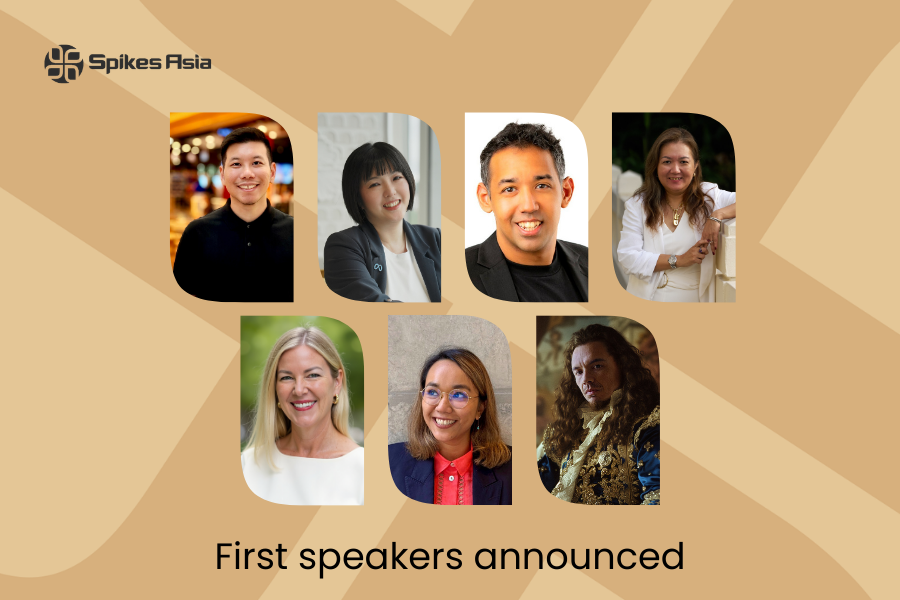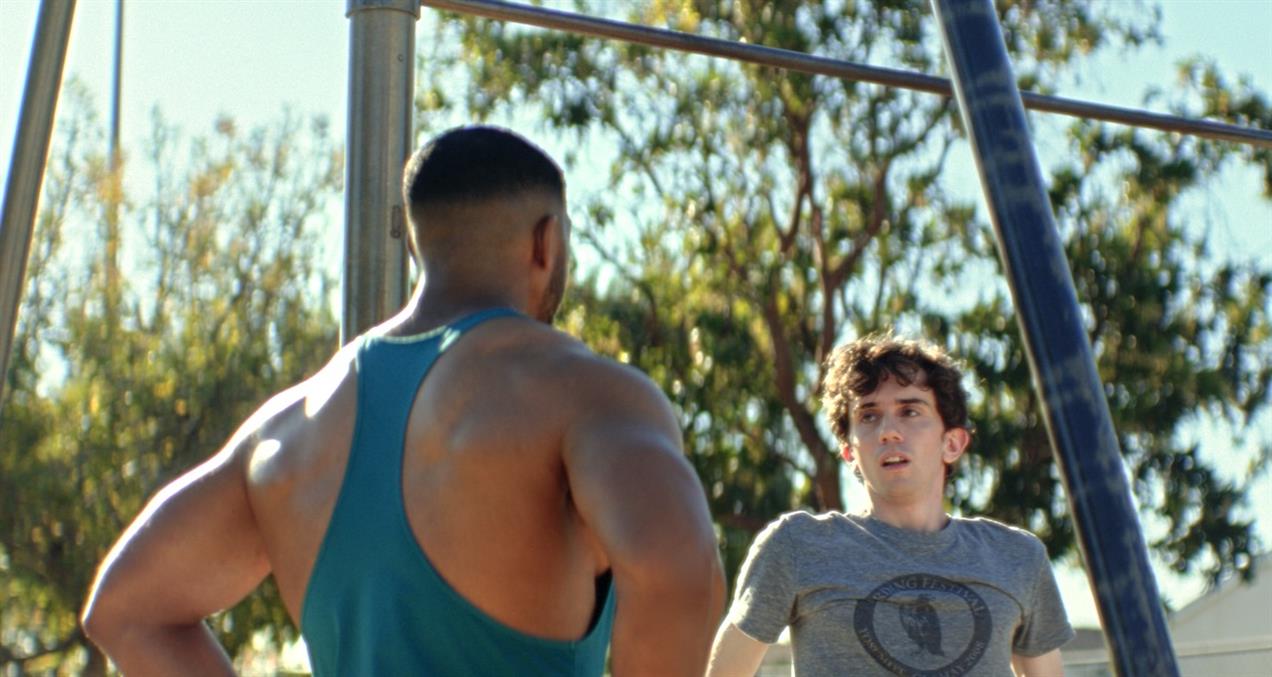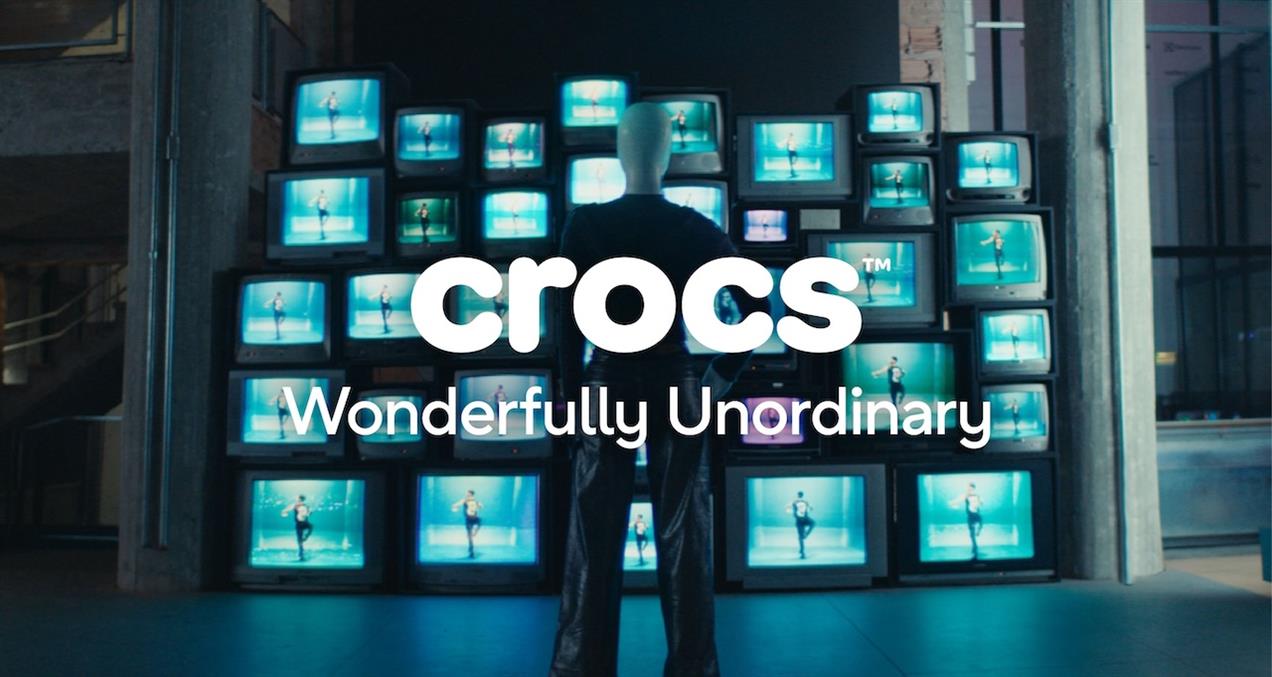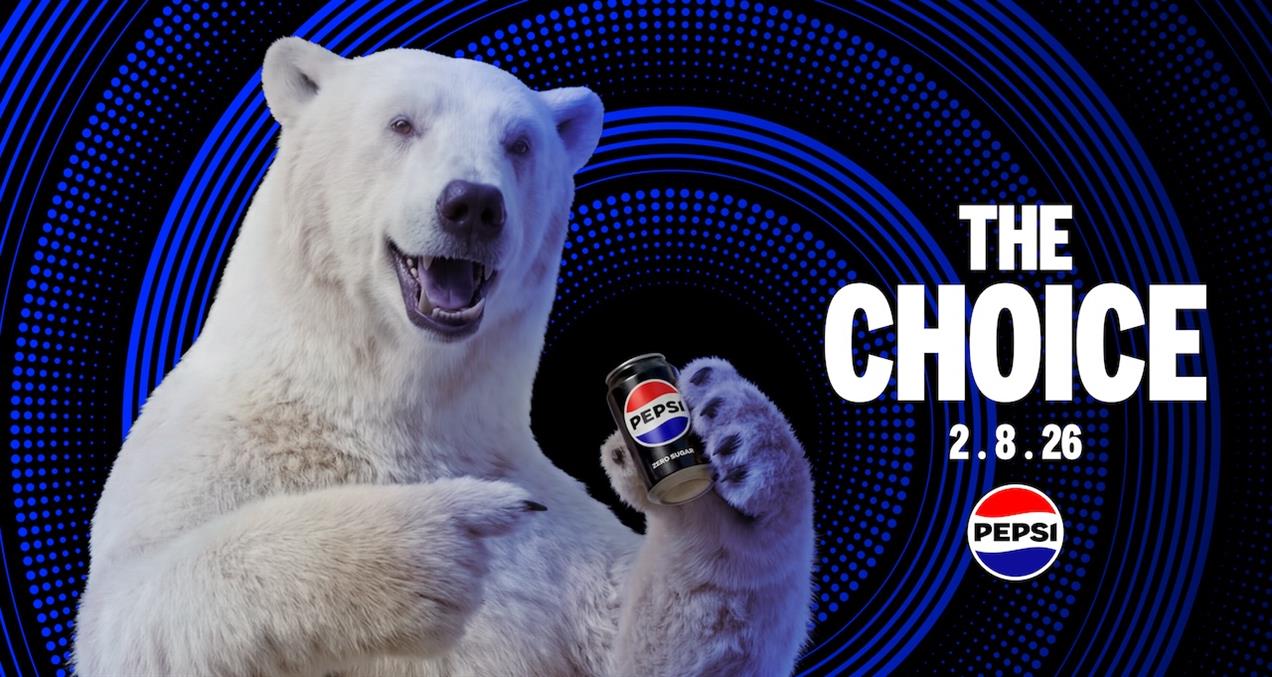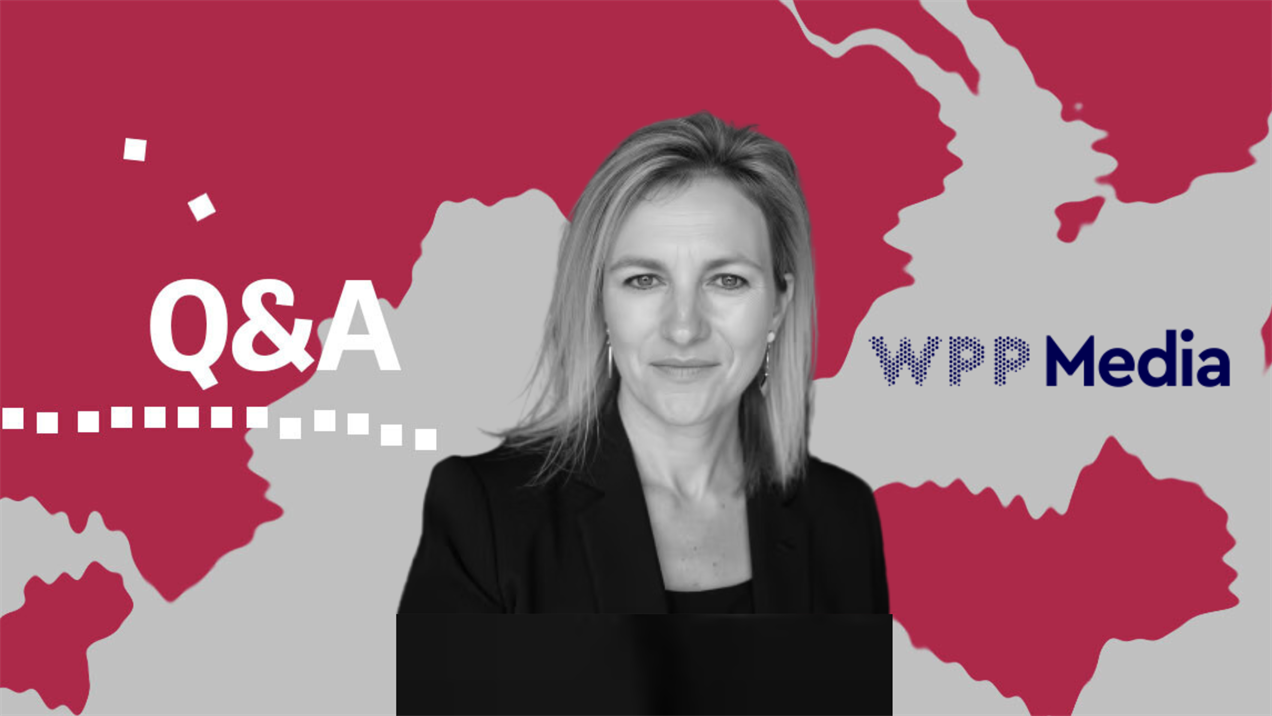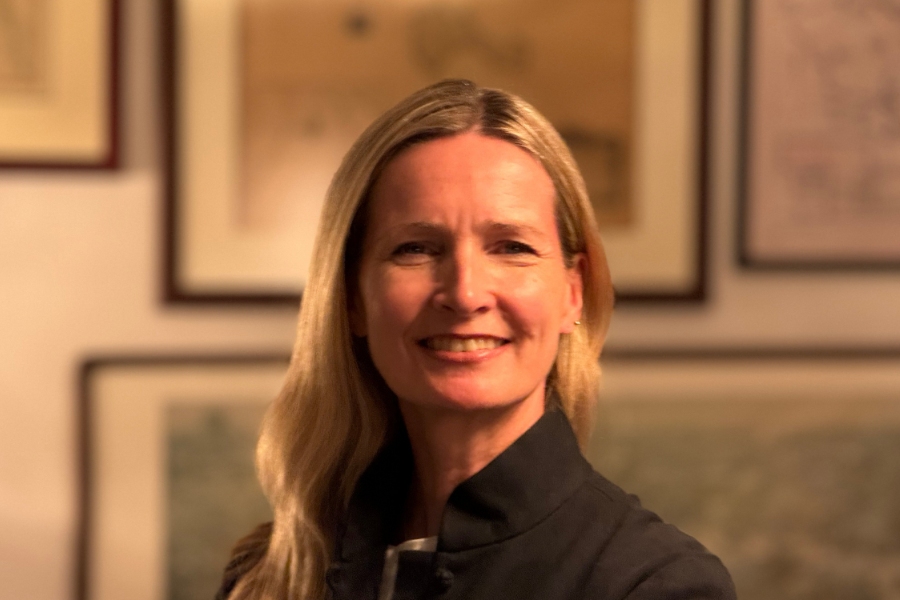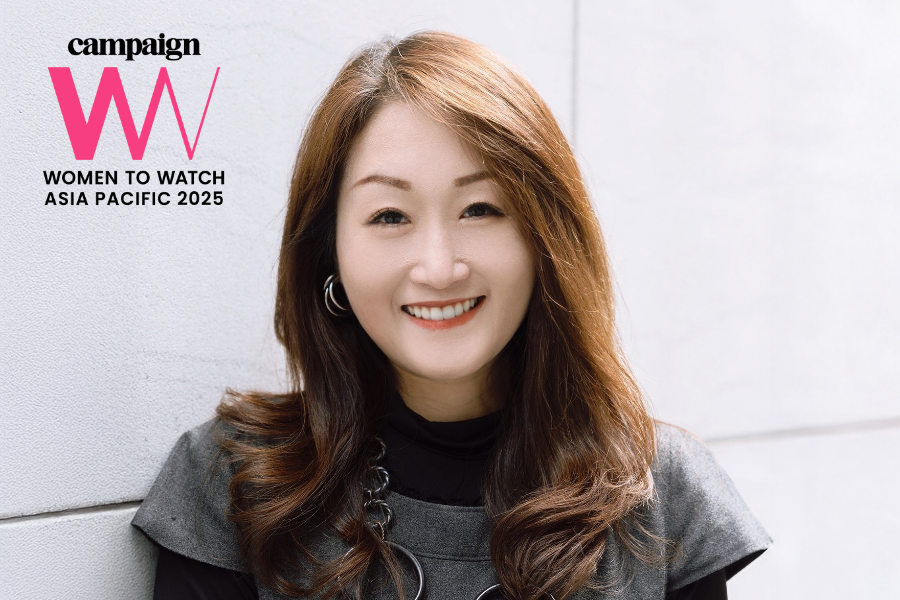James Hilton’s childhood was marked by a series of obsessions. Astronomy. Genetics. Typography. Classic horror books. "I would read Bram Stoker’s Dracula and, as soon as I finished it, start it again and again and again," he says. "My parents bought me quite a few VHS copies of Star Wars because I kept wearing the tapes out."
It was one such obsession—design—that would eventually define his career. Having devoured books on everything from Leonardo da Vinci to Isambard Kingdom Brunel to Islamic architecture to automotive design ("I never understood why Porsche could bring out a car in the 60s that looked so much better than Ford. What’s the difference?"), Hilton went on to co-found AKQA in 1995, building it into one of the world’s top digital ad agencies.

But it wasn’t until recently that Hilton, who left AKQA in 2014, discovered the secret behind his obsessions. About four years ago, he was diagnosed with Asperger's Syndrome—a high-functioning form of autism.
"As soon as I started learning about it, it was one ‘Ooooh’ moment after another. ‘Oh, now I understand why that keeps happening,’" he says. "It’s like a diabetic who doesn’t know they’re diabetic and doesn’t understand why they feel like shit every time they have a doughnut."
Given the choice, few people would choose to have a condition like Asperger's. The same goes for learning disabilities including dyslexia, attention deficit hyperactivity disorder or dysgraphia. Everyday business chores such as writing an email, managing a schedule, giving a presentation or reading a creative brief can take twice as long when your brain doesn’t process information in the usual way.
But a growing body of research suggests that many of these conditions come with a little-understood benefit: higher degrees of creative thinking and achievement. Study after study has shown a link between such conditions and artistic capacity or the ability to solve problems in unconventional ways. Da Vinci, Albert Einstein and Walt Disney are just some of the creative nonconformists who have been posthumously (and controversially) diagnosed with learning disabilities. The idea, researchers believe, is that people who are constantly forced to think about tasks in unusual ways train themselves to become creative problem-solvers.
"We speculate that it may be because they are approaching things very differently," according to the authors of a 2015 study that found a connection between autistic traits and divergent thinking. "It goes a way towards explaining how some people with what is often characterised as a disability exhibit superior creative talents in some domains."
It’s an explanation that resonates with advertising creatives who live with these sorts of conditions. "Don’t know if it’s impacted my career," one executive creative director at an Interpublic agency, who has ADHD, comments. "But it has forced me to be very disciplined when it’s time to get shit done."
Jeff Gabel, chief creative officer at Partners & Napier and a 13-year veteran of Y&R New York, was diagnosed with ADHD and dyslexia as a child. To this day, he uses workarounds to complete everyday tasks. "I still re-read a business communication three times before I hit ‘send,'" he says. "It’s likely that I’ve screwed up something in the sentence." He also asks for briefs early so he can have extra time to study them. In restaurants, his wife calculates the tip.
But such deficiencies are balanced by aptitudes in other areas. "I’ve been described by clients repeatedly as being a ‘left-brain creative,'" Gabel notes. "I have an irrational love of whiteboards. I tend to jump into a project, get it all over the whiteboard and then everything’s perfectly clear to me."
"Some people have described it as a little savant-y," he says of his creative process. "In a way, they’re making fun of me. It’s a pejorative term."
"I still re-read a business communication three times before I hit ‘send’. It’s likely that I’ve screwed up something in the sentence."
—Jeff Gabel, chief creative officer, Partners & Napier
Likewise, Hilton says his Asperger’s is, in some ways, "an incredible benefit when you’re talking about doing work". Assuming he can get himself "obsessed" with a creative brief, "then you’ll just work on it till it’s done". He adds: "That doesn’t just mean you’re going to work on it from 9 to 5.30, then go to the pub and go home. That means you’re going to happily work till 2am or keep going until you’ve solved it."
Hilton’s emphatic need for clarity has aesthetic benefits too. "I can’t cope with ambiguity, so I can’t have ambiguous design," he explains. "And non-ambiguous design, I think, is what other people translate as simplicity."
Whether the advertising industry, or artistic industries in general, contains more people with learning disabilities is difficult to say. No-one keeps stats on such things and doing so would be nearly impossible anyway given the stigma associated with such conditions (the Interpublic executive creative director quoted asked not to be named to protect future job prospects) and the fact that many people simply never get diagnosed.
"Most people don’t want to self-identify," Gabel says of the many creative directors he has met over the years with similar diagnoses.
It’s also tough to say whether one’s creative abilities are tied to a neurological condition or not. "It’s a lot easier to say ‘Here are the things in life that the disability prohibits me from doing’ than ‘Here are the things it specially enables me to do’,'" Gabel says. "I don’t know what it’s like in somebody else’s head."
Still, despite always feeling as if he runs on a different operating system than other humans, Hilton says he wouldn’t "cure" himself of his condition tomorrow if given the choice. "I’ve got no need to," he says. "This is how I am, and it’s great and it serves me well.
"If you could wake up tomorrow and be like me, maybe that would be better."


